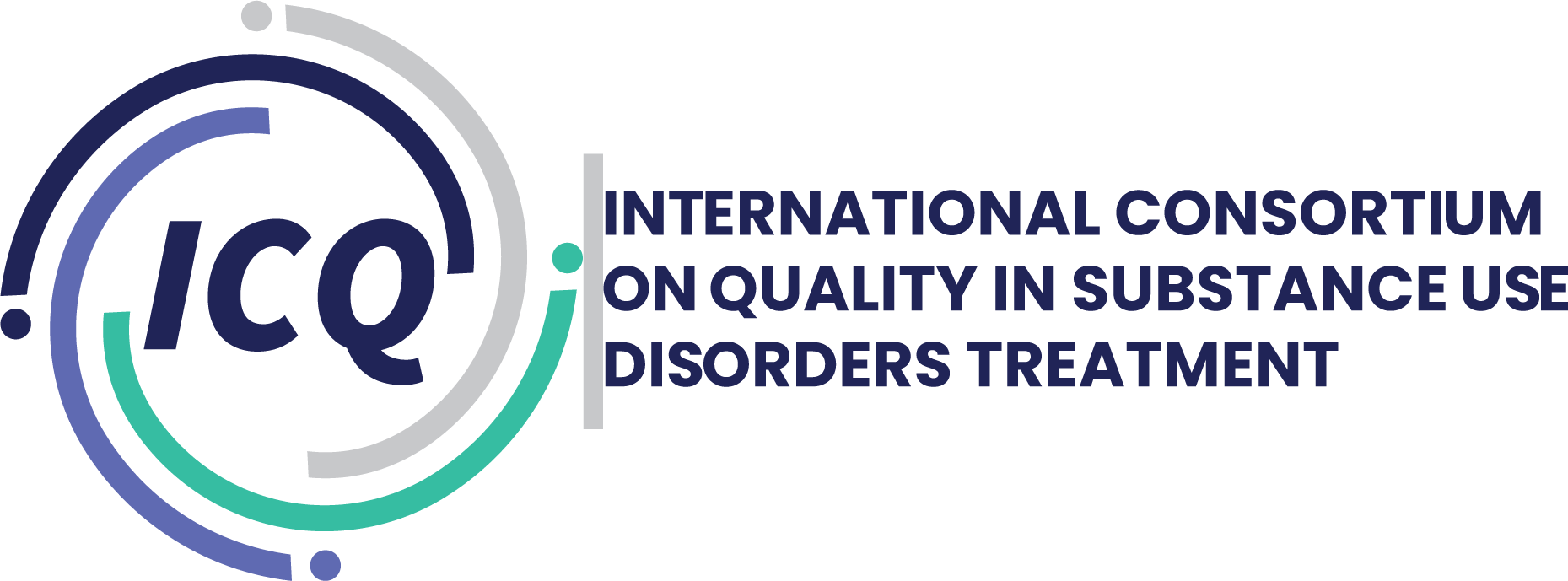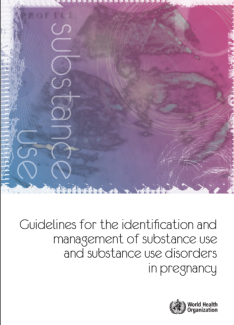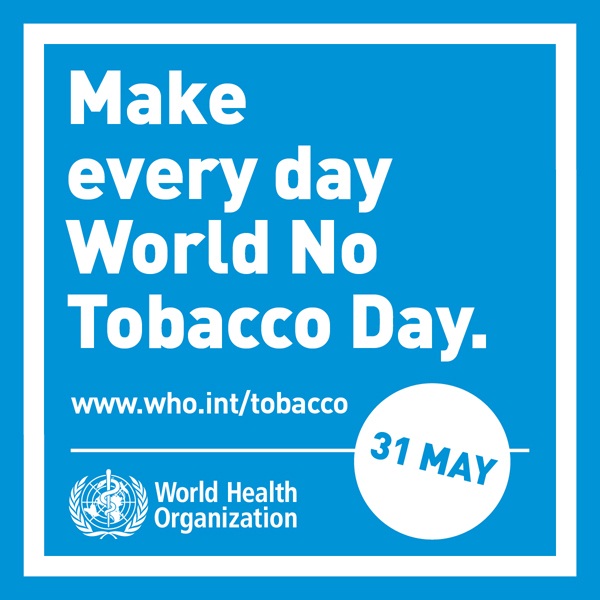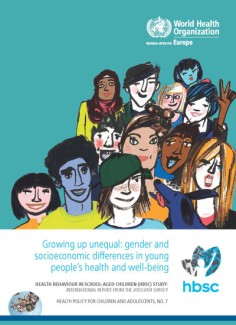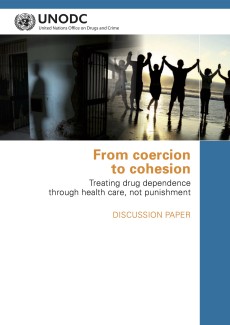WHO began when its Constitution came into force on 7 April 1948 – a date celebrated every year as World Health Day. It has more than 7000 people working in 150 country offices, in 6 regional offices and at its headquarters in Geneva.
WHO’s primary role is to direct and coordinate international health within the United Nations’ system.
Main areas of work:
- Health systems
- Promoting health through the life-course
- Noncommunicable diseases
- Communicable diseases
- Corporate services
- Preparedness, surveillance and response.
WHO support countries as it coordinates the efforts of multiple sectors of the government and partners – including bi- and multilaterals, funds and foundations, civil society organizations and private sector – to attain its health objectives and support national health policies and strategies.
